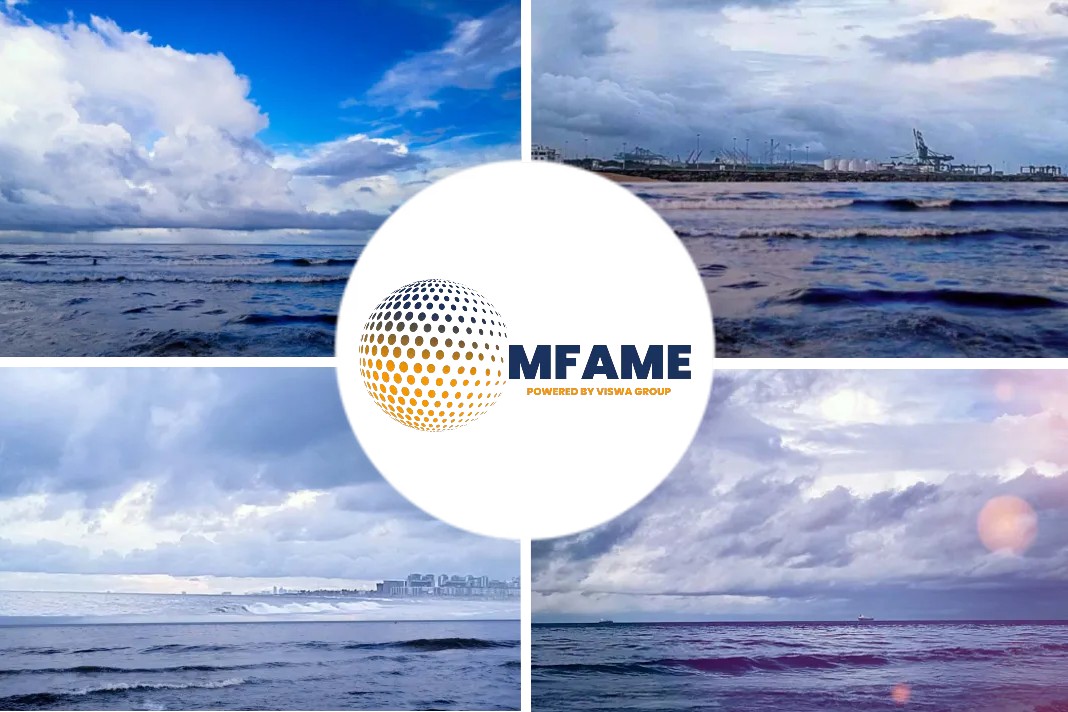- Owners of scrubber-equipeed ships should not be concerned about an immediate wider imposition of bans on washwater discharge from open-loop scrubbers.
- The restrictions on open-loop scrubbers at some ports were more of an operational risk than a financial one.
- Decline in adoption rates for scrubbers could ultimately prompt refiners further to reduce HSFO supply, diminishing the economic case for scrubbers.
The former Emissions Chief says that there is no imminent risk of IMO level scrubber ban, writes Jack Jordan for Ship&Bunker.
Edmund Hughes oversaw the International Martitime Organization’s emissions regulation policies for much of the last decade until early February, when he stepped down as the UN body’s head of air pollution and energy efficiency to set up a consultancy.
In an interview with Ship&Bunker last week Hughes expressed doubt that the bans would spread to the regional or global level. “There’s always a risk, but not initially, no,” he said.
“Not for a reasonable period of time that would allow you still to get a return on investment,” he added.
Operational and not financial
Hughes suggested the restrictions on open-loop scrubbers at some ports were more of an operational risk than a financial one.
“Some countries are extending it to territorial waters as well, but it’s still a relatively small part of the global ocean,” he said.
The implications are more operational, that you might have to carry three types of fuel – 0.10%, 0.50% and high-sulfur.
Edmund added, “Ultimately, if a ship is going to operate mainly outside any areas that are prohibiting the discharge of washwater from open-loop scrubbers, if their fuel consumption is mainly still outside those restricted areas then there’s still an argument to use one.”
A Turbulent year for Scrubbers
Those shipping companies that invested in scrubbers as a means of IMO 2020 compliance have had a turbulent year so far, enjoying enormous discounts for their high sulfur fuel oil (HSFO) at the start of the year.
The spread between HSFO and very low sulfur fuel oil (VLSFO), representing the fuel bill saving ships with scrubbers can take advantage of, has narrowed from as much as $298/mt at Rotterdam at the end of 2019 to just $74.50/mt.
“We’re seeing unprecedented circumstances now with the price spread narrowing dramatically; no-one foresaw it at less than $100/mt,” Hughes said.
He added, “The viability of investments starts to come into question — it’s an issue with risks, you try to make as reasonable an estimate as possible, but it doesn’t always work out that way.”
HSFO supply crunch
He also warned that any decline in adoption rates for scrubbers could ultimately prompt refiners further to reduce HSFO supply, diminishing the economic case for scrubbers, in particular in the tramp trade, where operators are unlikely to have secured their HSFO supplies.
“There’s no doubt about it that the downside risks are becoming more apparent for scrubbers, and from a point of view of operation it’s becoming more challenging,” Hughes said.
Shipowners want their ships to be able to operate anywhere, and so anything that prevents that leads to consideration of the most appropriate compliance strategy.
Hughes’s new consultancy, Green Marine Associates, will provide advice to companies and organisations, mostly in the shipping industry, on policy and regulation relating to air pollution, decarbonisation and other marine environment risks.
Did you subscribe to our daily newsletter?
It’s Free! Click here to Subscribe!
Source: Ship&Bunker


















